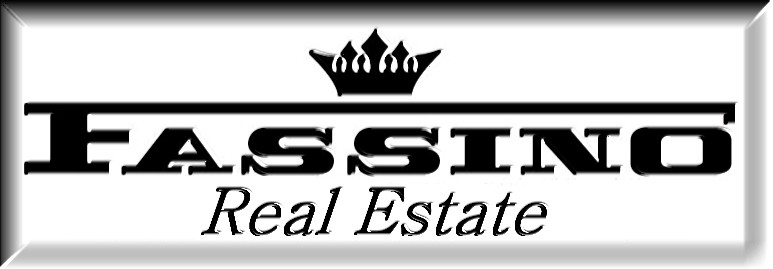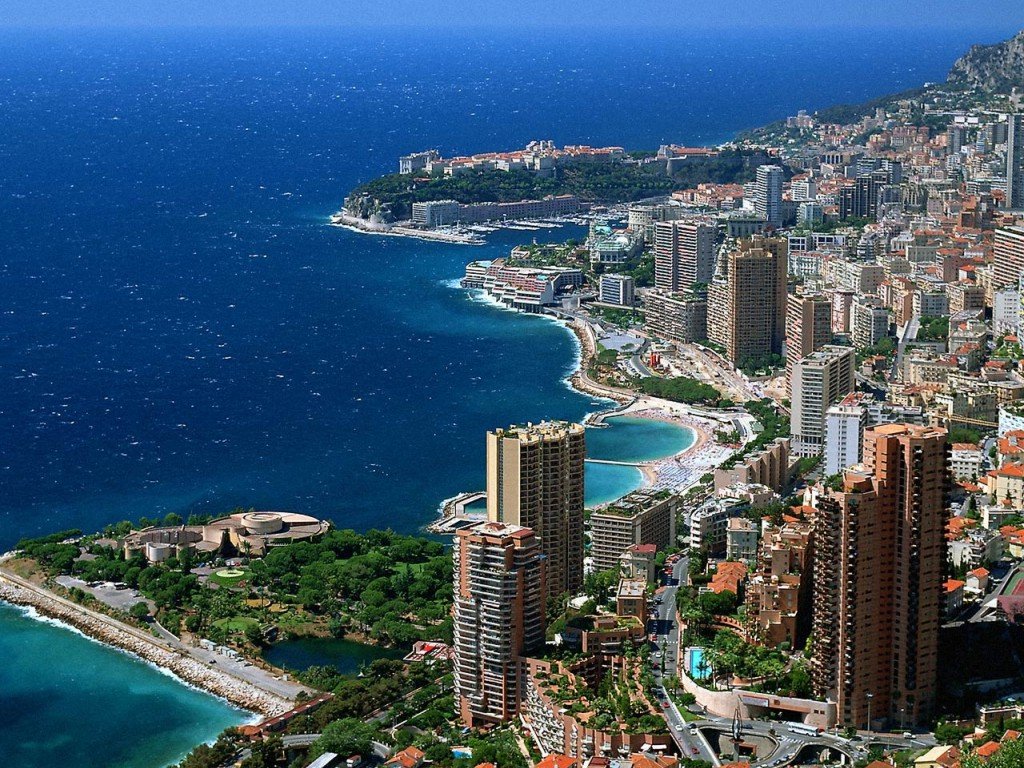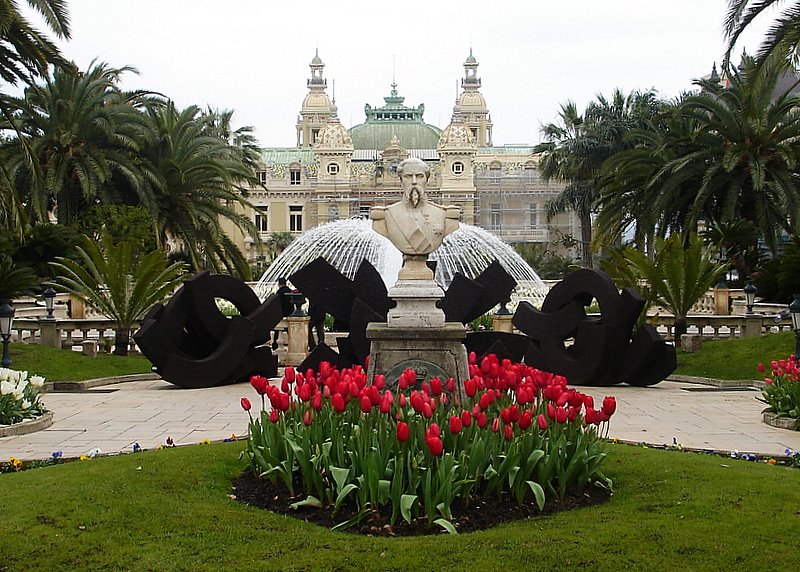
|
|
|
There are no restrictions on the purchase of real property in Monaco by foreigners. Any individual or legal entity may become the owner of real estate and they are not legally required to be a permanent resident. Many properties are purchased purely for investment purposes. The only formality required is the deed executed by a notary which guarantees the validity of the transaction both for vendor and purchaser. Property purchased by individualsIndividuals wishing to purchase property must produce the following documents:
Property purchased by legal entitiesLegal entities must produce the following documents in French:
Notary fees and registration dutiesDuties are payable by the purchaser. These will total 9% of the purchase price. Notary and registration fees are 2.5% when real estate is purchased from original developers. Agency commissionCommission is payable by both the vendor and the purchaser. This is at a rate of 3% by the purchaser and 5% by the vendor (plus 19.6% VAT). The purcaser' s commission is not applicable when the property is purchased from the original developer. |

|
|
The following types of tax are not applicable in Monaco:
Individual taxIncome tax was abolished in Monaco in 1869. This means that citizens and foreigners are exempt from paying income tax, with the exception of French citizens who have become residents since 1957. Inheritance tax. No claims are made on direct gifts or on gifts between husband and wife. The tax due on other gifts is very low as follows:
Company profits taxTo encourage the creation of companies the Monégasque government offers fiscal advantages. Companies created in Monaco are exempt from tax on any profits tax for the first two years and partly exempt for the third year. Established companies which are based in and carry out commercial activities in Monaco are subject to tax at the rate of 33 % when more than 25 % of the turnover is generated outside the Principality. Offices which are basically administrative, not commercial are subject to a levy of only 2.6 % of the expenses incurred in running the office and are exempt from paying tax on profits. Dividends paid by companies to their shareholders are not taxed. Value Added TaxV.A.T is applicable at the same rate as in France. Registration duties Registration duties are levied on formalities to register transfers of civil and legal acts. It is either proportionate or a fixed amount. Some of the rates in force are:
|

|
|
Conditions required for entry to Monaco
for three months or less
|